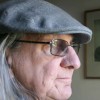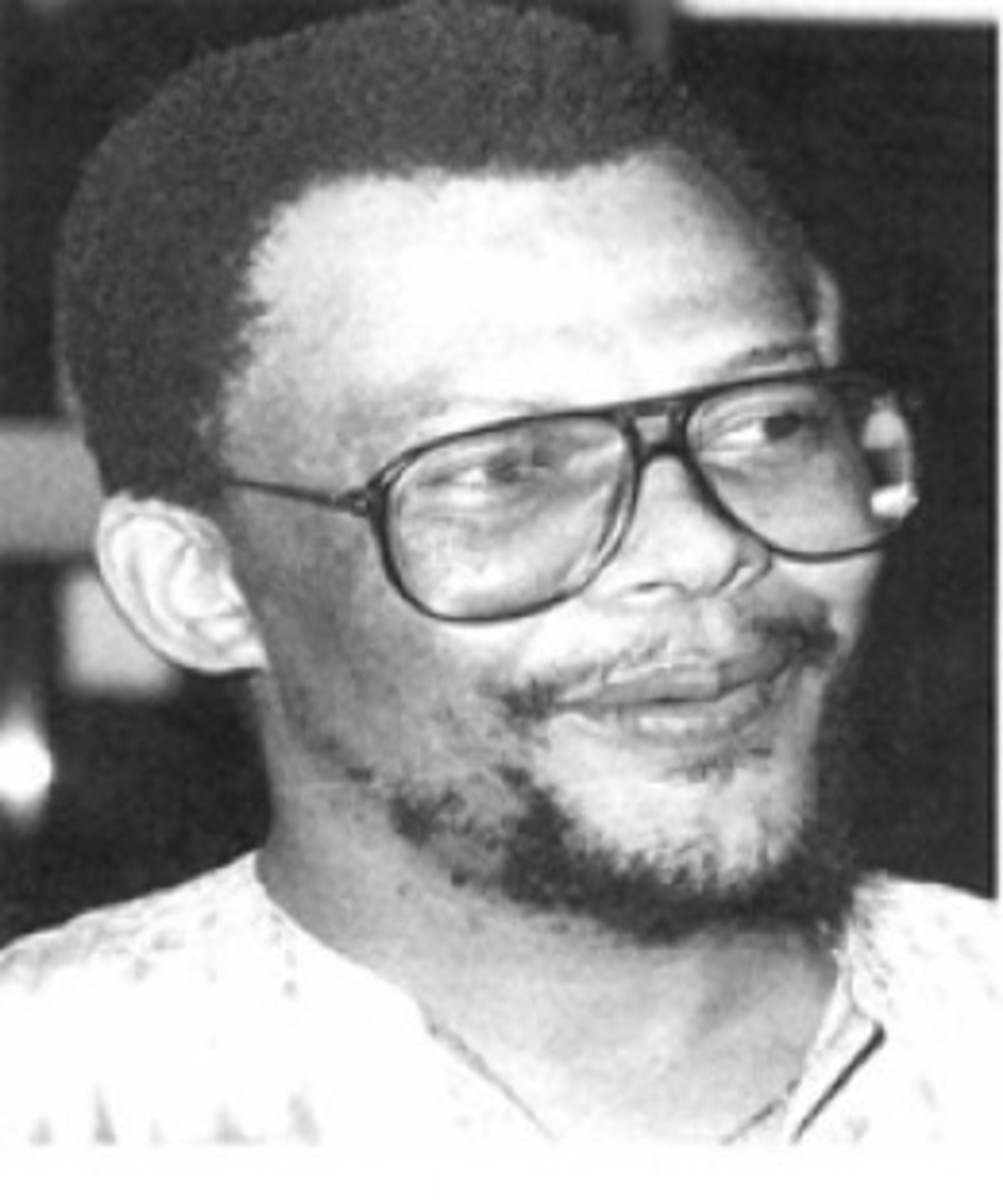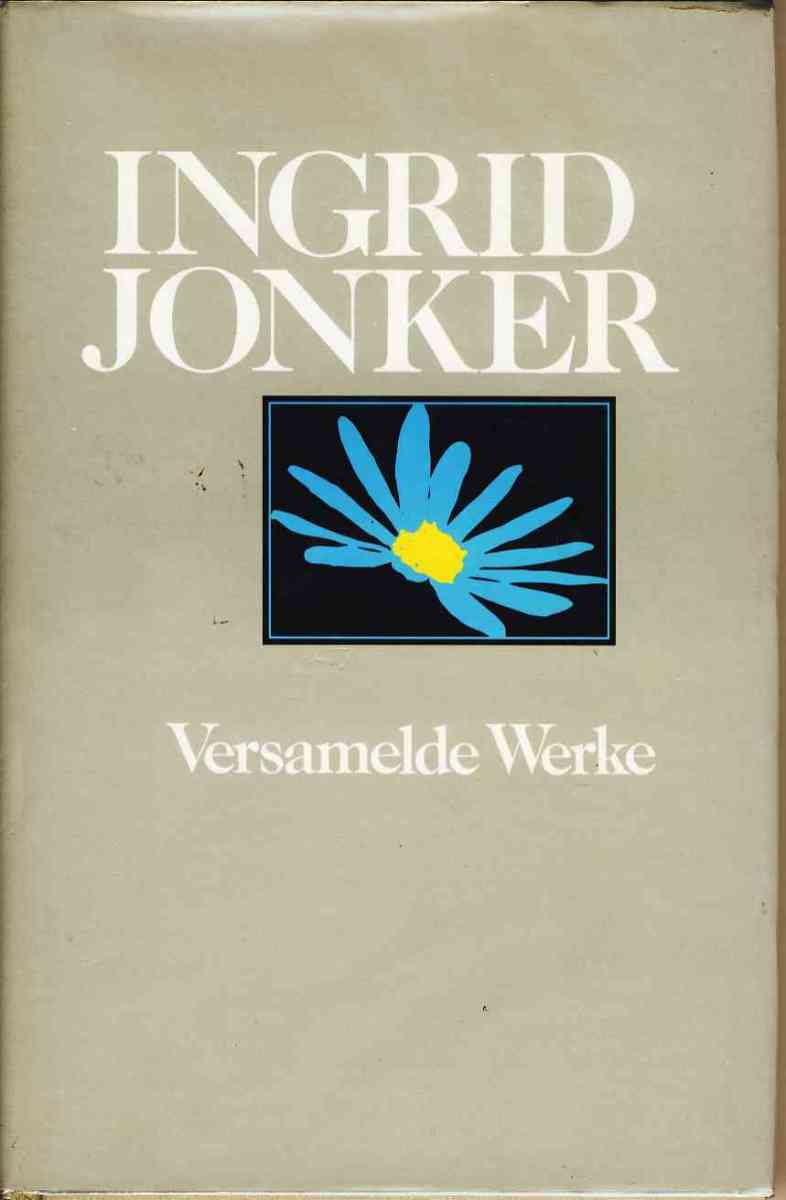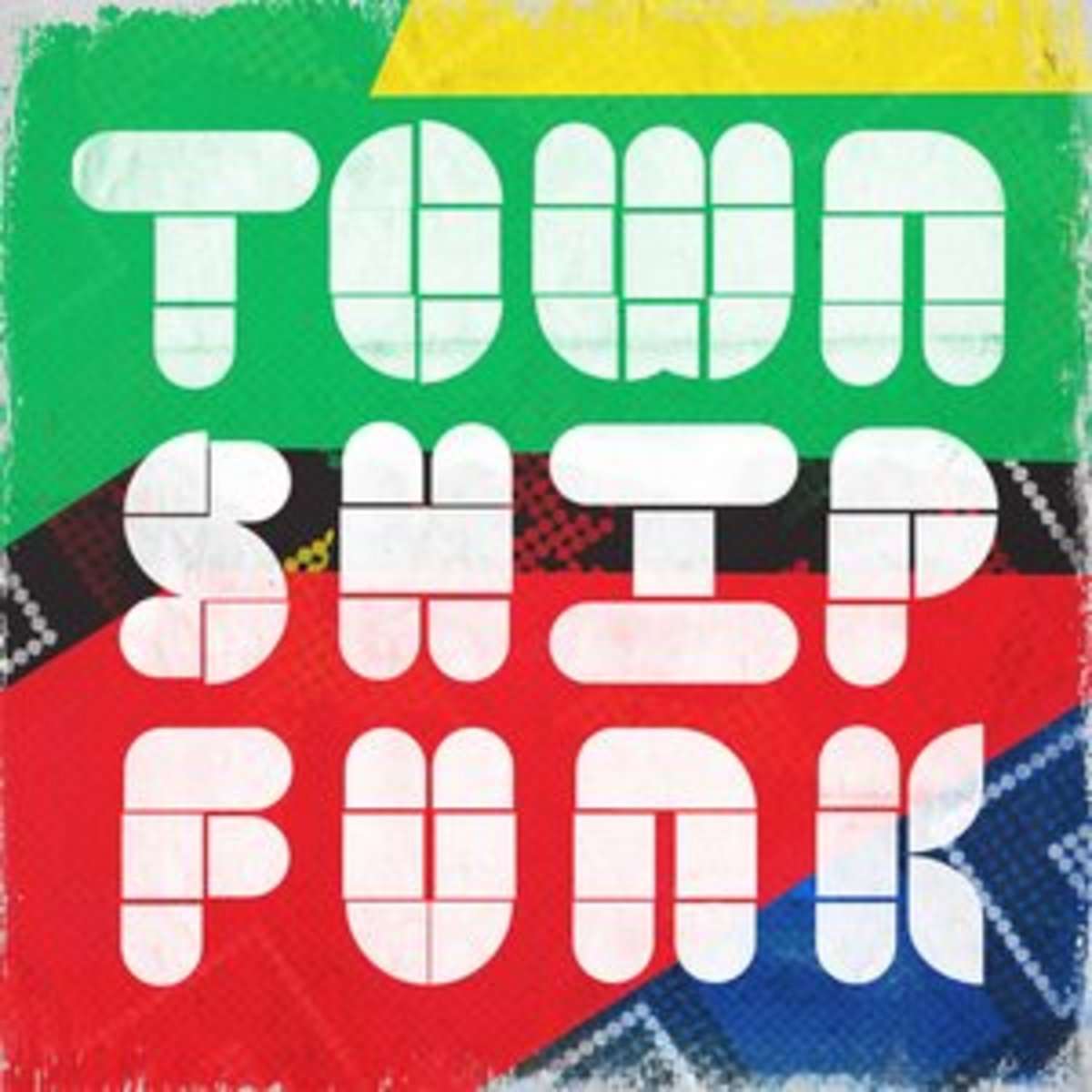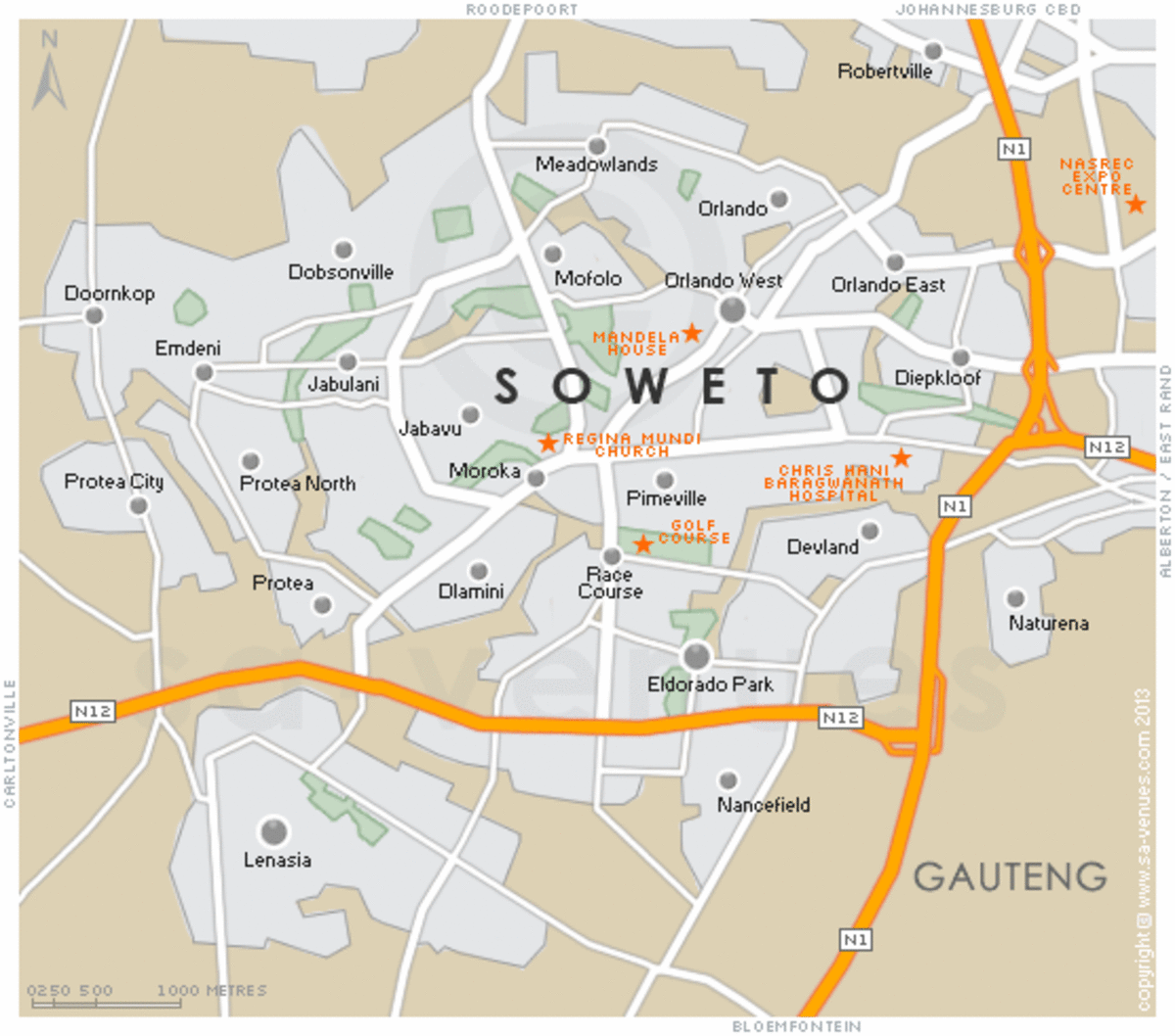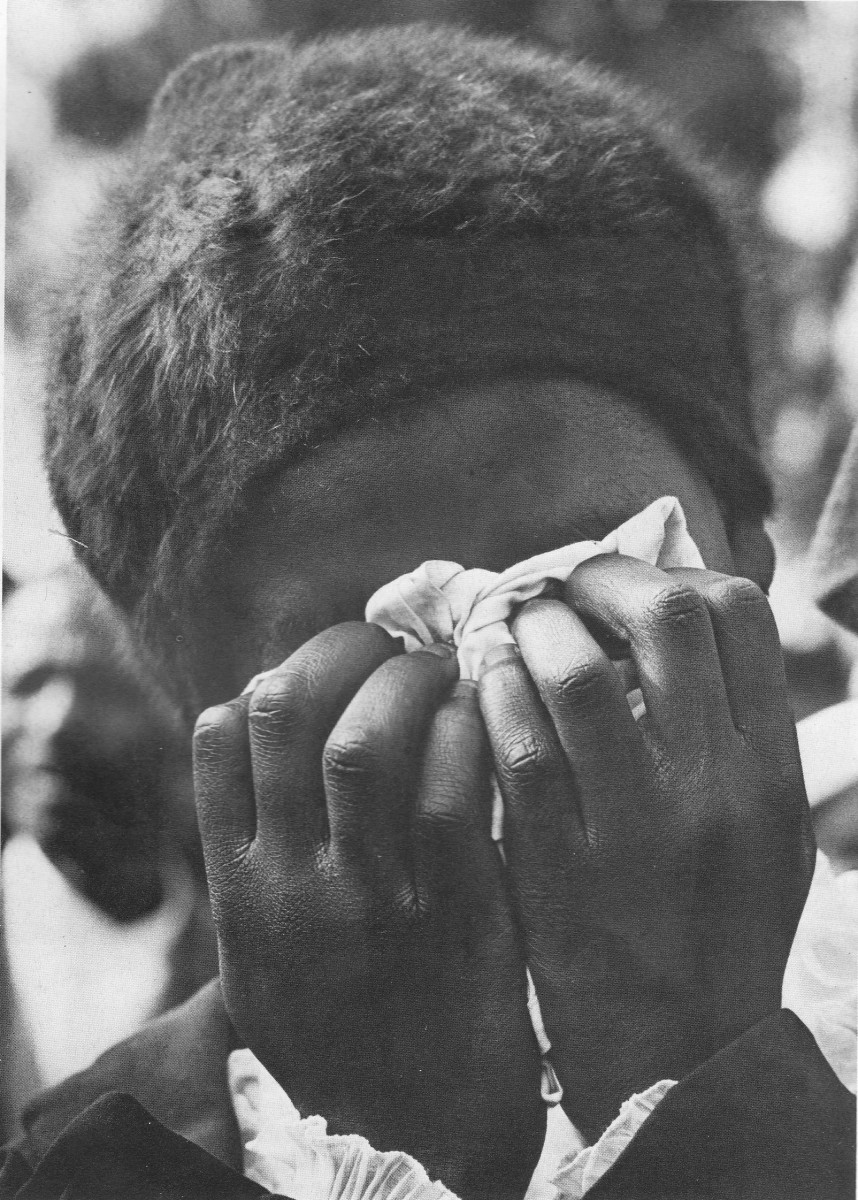The rustle of the wild grass – Yevgeni Yevtushenko
Apartheid gloom
Over Babiy Yar
the rustle of the wild grass.
The trees look threatening, look like judges.
And everything is one silent cry.
- From "Babiy Yar" by Yevtushenko (trans Peter Levi SJ.)
Apartheid and the authoritarian state were trying to make South Africa into a dreary, monochromatic and conformist society, a society in which fear reigned and people were scared to say what they really felt. A drab uniformity was being imposed over culture by the party machinery while writers and artists and musicians were doing what they could to keep culture lively and the hope of freedom alive.
This was the mid-60s and I was at the University of Stellenbosch, breeding ground of Nationalist Party leaders for many years.
I remember one Sunday morning, having been to early mass at the Anglican Church where I was a member, dressed casually as I usually was on Sundays, walking back to my residence and being accosted by a couple of students, sombrely suited as the Dutch Reformed students always were on Sundays, who asked me why I was not going to church. I replied that I had just been and was now on my way back to res, they were incredulous – how could I have gone to church dressed like that?
I was feeling oppressed and repressed, out of sync with those around me, who seemed to be on a different planet, never mind a different plane.
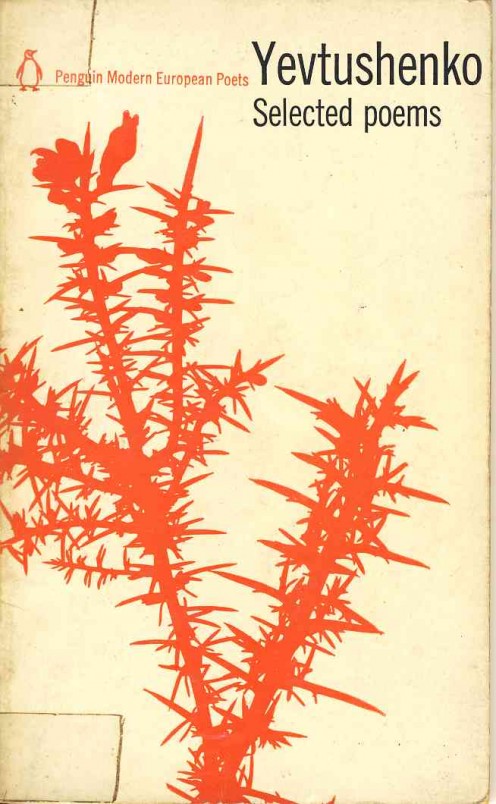
The human spirit
Into this dull world I seemed to inhabit at the time came words which spoke to me not so much for their content as for the fact that they came from Soviet Russia, a society that seemed to me to be struggling with some of the same kinds of issues that we were in South Africa. State machinery bent on destroying any signs of individuality, any colour or difference. State machinery which was designed to get people to think and feel the same, to be willing and obedient servants of the bureaucracy.
This was the voice of Yevgeny Yevtushenko, flamboyant and outspoken, and a poet!
The creative spirits of South Africa were struggling to be heard, to be understood, in the gathering ideological gloom, and here was someone from another country who was speaking out about these issues, presumably at great risk to himself. This was a source of inspiration and hope to me, a sign that national boundaries could not contain the human spirit. A sign that the creative spirits of South Africa were not alone in their struggles.
I was very excited to find in a local bookshop at this time the Penguin edition, with its striking red and white cover, of some of Yevtushenko's poems in translation by Peter Levi SJ.
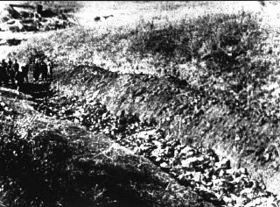
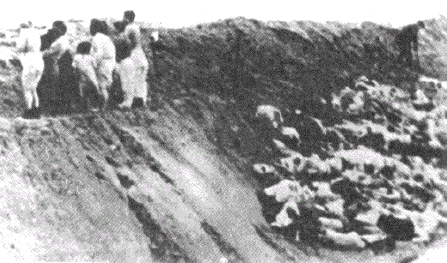
Babiy Yar
Of course I have since discovered that Yevtushenko is not uncontroversially the beacon of hope and freedom that I experienced him as at that time. His actions were not always what anti-government purists would have wanted in his home country, nor were his motives always above suspicion.
But his voice seemed clear enough to me at the time:
Over Babiy Yar
there are no memorials.
The steep hillside like a rough inscription.
I am frightened.
Today I am as old as the Jewish race.
I seem to myself a Jew at this moment.
- from "Babiy Yar", translated by Peter Levi SJ. (1962)
Reading "Babiy Yar" in South Africa in the early 60s was like hearing an echo of Ingrid Jonker's “The child who was shot dead by soldiers at Nyanga”:
And I am one silent cry
over the many thousands of the buried;
am every old man killed here,
every child killed here.
from the translation by Levi
This echo is even stronger in the later translation of the poem by George Reavey (1971, 1996):
I am
every child
here shot dead.
This great poem was written in 1961, just a year after the shootings at Nyanga about which Ingrid Jonker wrote her passionate poem. It is a searing indictment of Soviet silence over the massacre of more than 30000 Jews by Nazi soldiers at Babiy Yar in September 1941 This is possibly the largest single killing of Jews in the Holocaust. Babiy Yar is a ravine near the Ukrainian capital Kiev.
The poem dealt with racism quite directly and so, for a person living in a country in which racism was not only institutionalised but was the officially sponsored state value system, it was a moving affirmation of humanity. It was also one of five Yevtushenko poems used by Dmitri Shostakovitch in his beautiful Symphony Number 13, often called "Babiy Yar" also. The poem was set in the first movement of the Symphony, “Adagio.”
There was considerable criticism by the Soviet authorities of both the composer and the poet for this poem and the setting in the symphony, resulting in Yevtushenko altering some of the “offending” lines of the poem, though Shostakovich did not include the altered lines in the manuscript of the symphony.
Of the Symphony , and, in particular, the setting of "Babiy Yar", Yevtushenko said, "if I were to able to write music I would have written it exactly the way Shostakovich did.... His music made the poem greater, more meaningful and powerful. In a word, it became a much better poem." (quoted in Wilson, Elizabeth, Shostakovich: A Life Remembered, Second Edition (Princeton, New Jersey: Princeton University Press, 1994, 2006)
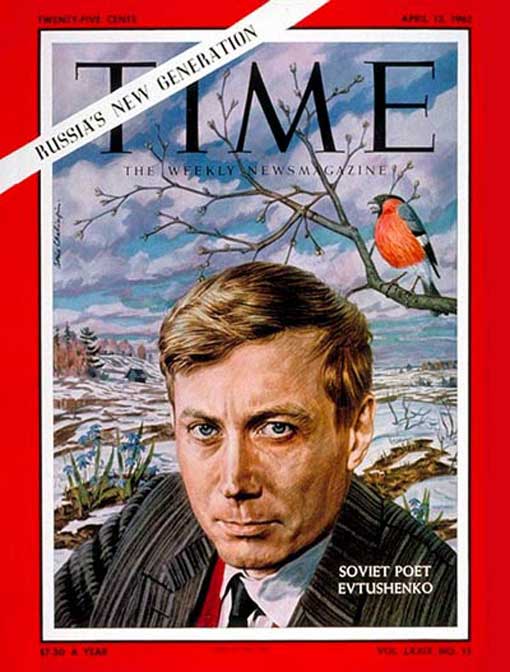
Zima Junction – narrative poem
Another Yevtushenko poem which made an impression on me at the time was Zima Junction with its conversational, story-telling style. The long epic poem tells of the banishing of his great-grandfather to Zima in Siberia, “in exile here after a peasant's rising,” and Yevtushenko's return to Zima on a visit from Moscow.
The poet tells how
I grew up in the small town
acquiring an affection for the forest
and landscapes and the quiet houses.
And at the end he imagines the town had spoken to him, giving him permission to explore, to travel the world and to
'Love people
Love entertains its own discrimination.
Have me in mind, I shall be watching.
You can return to me.
Now go.'
I went, and I am still going.
Yevtushenko was born in Zima Junction on 18 July 1933. He was featured on the cover of Time Magazine in 1961.
